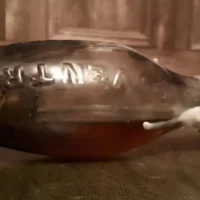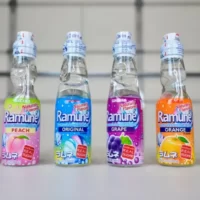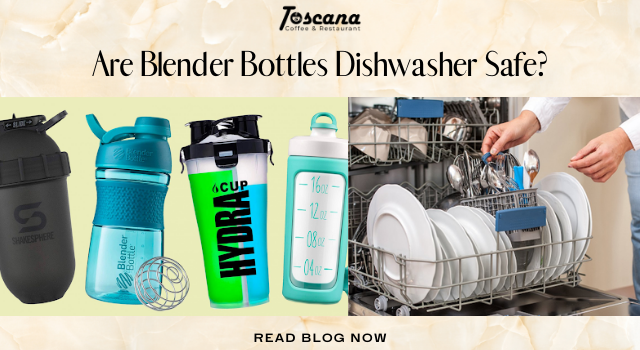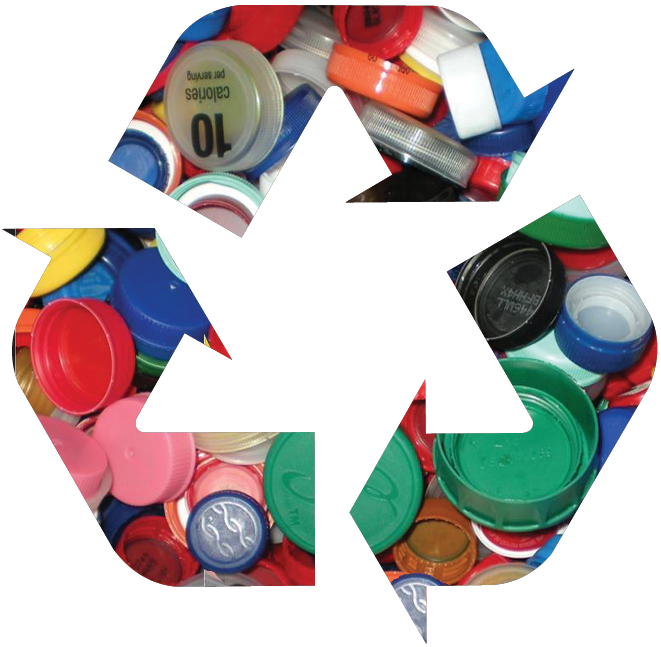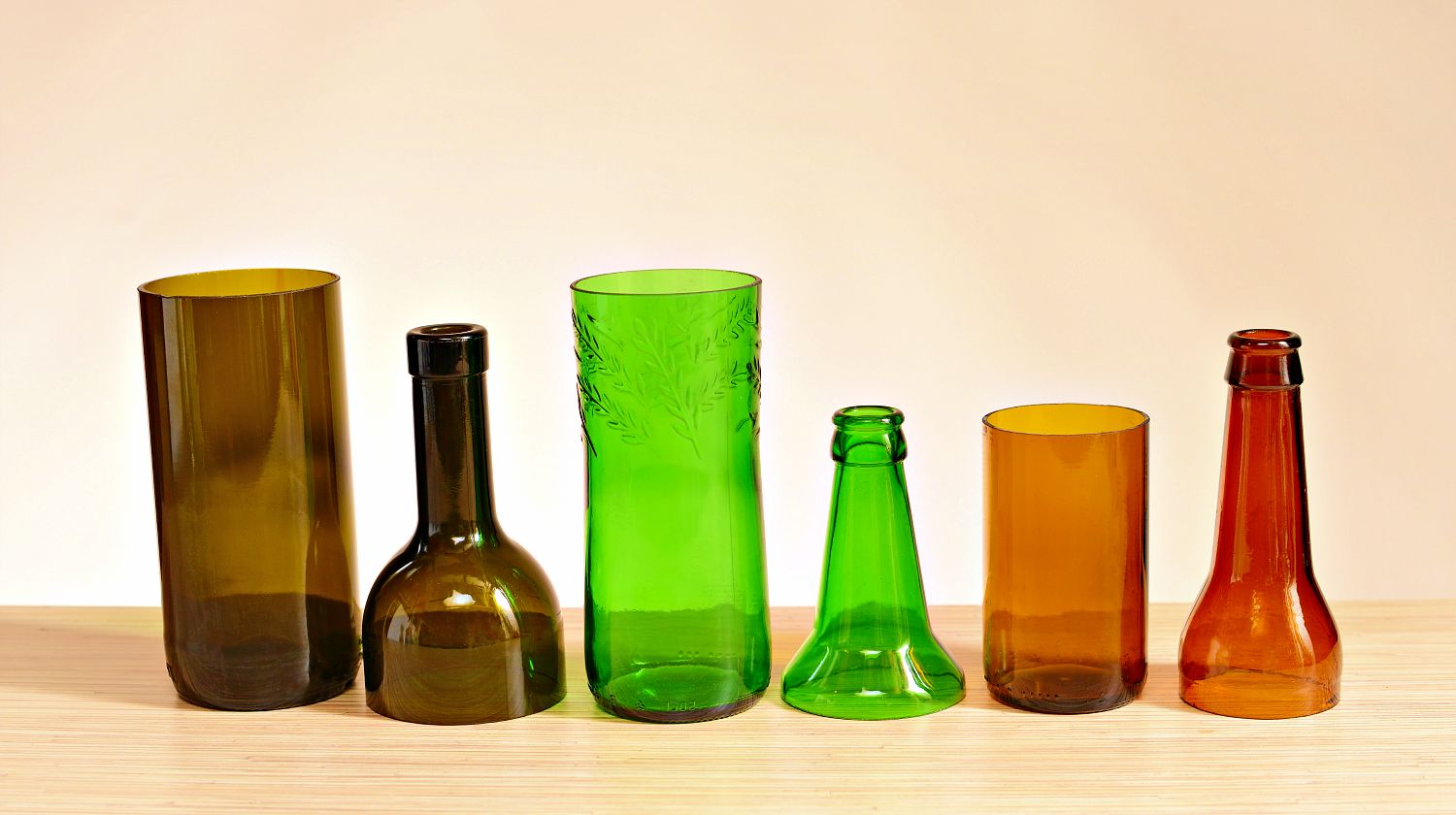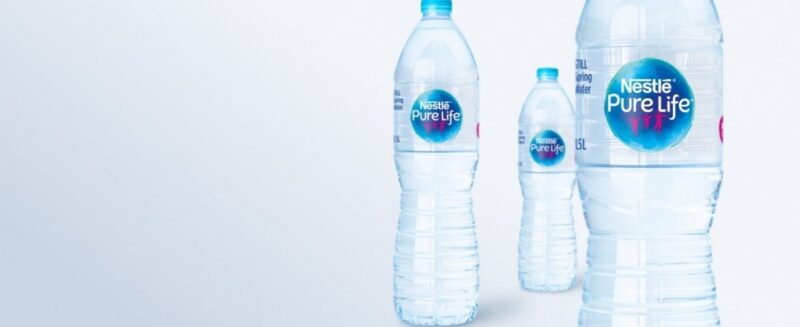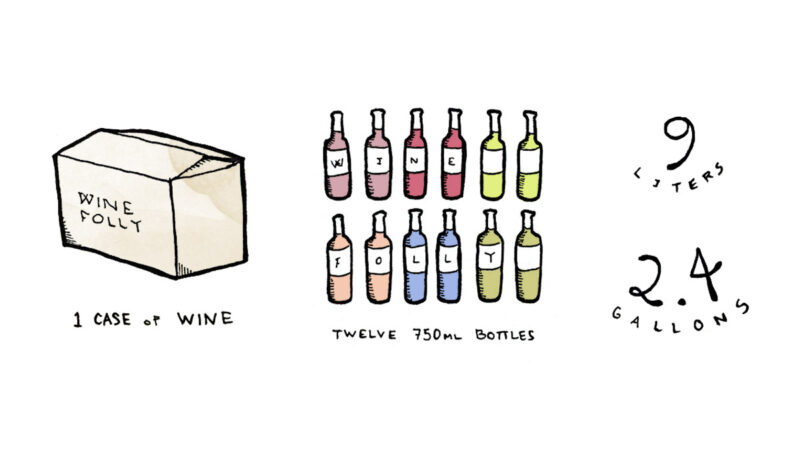A necessity with rising demand because of the recent global Covid-19 pandemic is bottled water. We will explain the causes of bottled water shortage and future situations.
Due to the constraints imposed by the federal government in response to the pandemic, bottlers of water have reduced their capacity and workforce. Because of this, demand has grown while supply has shrunk.
For more details on the shortage of bottled water, continue reading.
Causes for Bottled Water Shortages
A number of factors, including a sudden rise in demand and economic factors, are thought to be behind the apparent shortages in the bottled water market. The Covid-19 pandemic has undoubtedly shaken the foundation of many industries, and the bottled water sector is no exception. Here are the causes for bottled water shortages:
Higher Demand
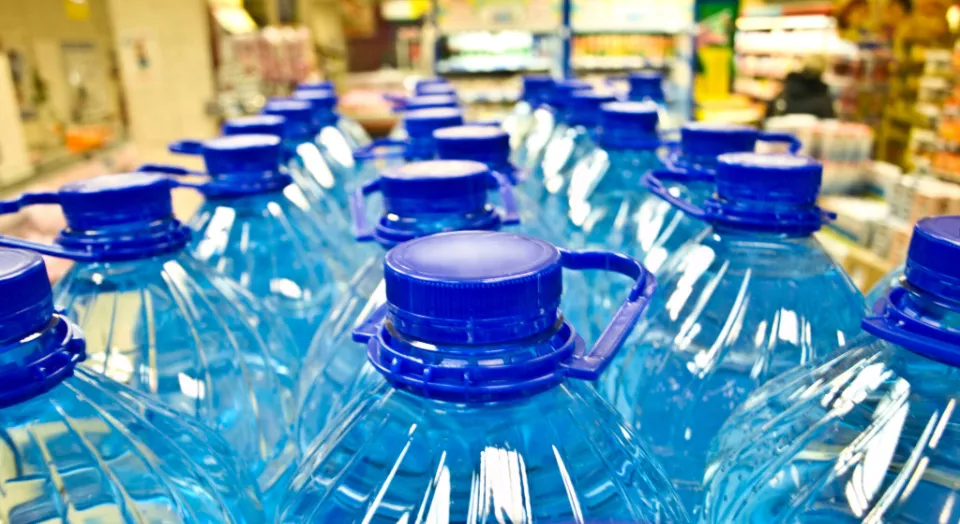
The supply and demand equilibrium will be upset by a sudden rise in demand because shoppers will empty the shelves before suppliers can replenish them. Thus, this creates a shortage in the supply of bottled water.
Increased demand may be due to other factors as well. A surprisingly hot and dry summer that has caused people to drink more water may be one of them. Another possibility is news of contaminants in tap water, making it unsafe to drink. Whatever the reason, a sudden increase in demand may momentarily cause a shortage in bottled water.
Lack of Water Bottlers
The amount of potential supply that a business can produce in a given period of time is decreased by the lack of labor in manufacturing facilities. Layoffs, fewer applicants, or restrictions brought on by the Covid-19 pandemic could all be contributing factors to a lack of labor.
Economic Factors
The manufacturers are affected by a weak economy. Companies may reduce their supplies in response to lowered profits, and lowered demands. Same goes for bottled water companies that were greatly affected by an economic recession.
Environmental Factors
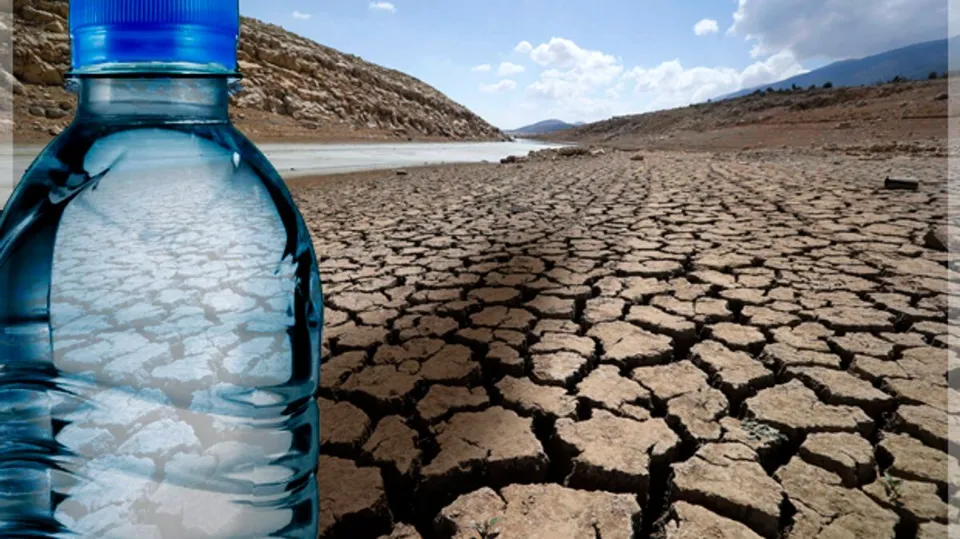
Environmental factors, in addition to economic ones, have an impact on the availability of water bottles. Water shortages can result from reduced natural water supplies due to prolonged droughts, dry weather, and climate change.
The Global Pandemic
The global pandemic caused many households to panic buy, and stock essential items in their homes as they prepare for lockdown and quarantine. A portable, hygienic, and necessary item with a protracted expiration date is bottled water. At the height of the pandemic in 2020, shoppers flocked to supermarkets to stock up on bottled water and other necessities.
Future Water Shortages
Will there be a shortage of water in the future? – That will depend on the state of our environment and the world economy in the ensuing decades. Our freshwater sources have been permanently harmed by climate change and environmental degradation, which has contaminated rivers, streams, and springs.
The number of bottled water producers on the market and the quantity of water bottles that can be bought depend on the state of the economy. The more costly it is to clean water from polluted sources, the less industry players will be willing to supply the world with bottled water.
There won’t be a shortage of bottled water anytime soon, but if we can’t stop the effects of global warming and climate change, there will be unavoidable consequences. With the continuation of environmental degradation, we may have shortages not just in our brands of bottled water, but also in our tap water sources as well.
Final Thoughts on Bottled Water Shortage
Continuously operating at a reduced capacity, bottled water production.
Although there is no shortage of water bottles, depending on your location, the population density of your area, and a number of other factors, it might be challenging to find preferred water brands on grocery shelves.
Related Post:






